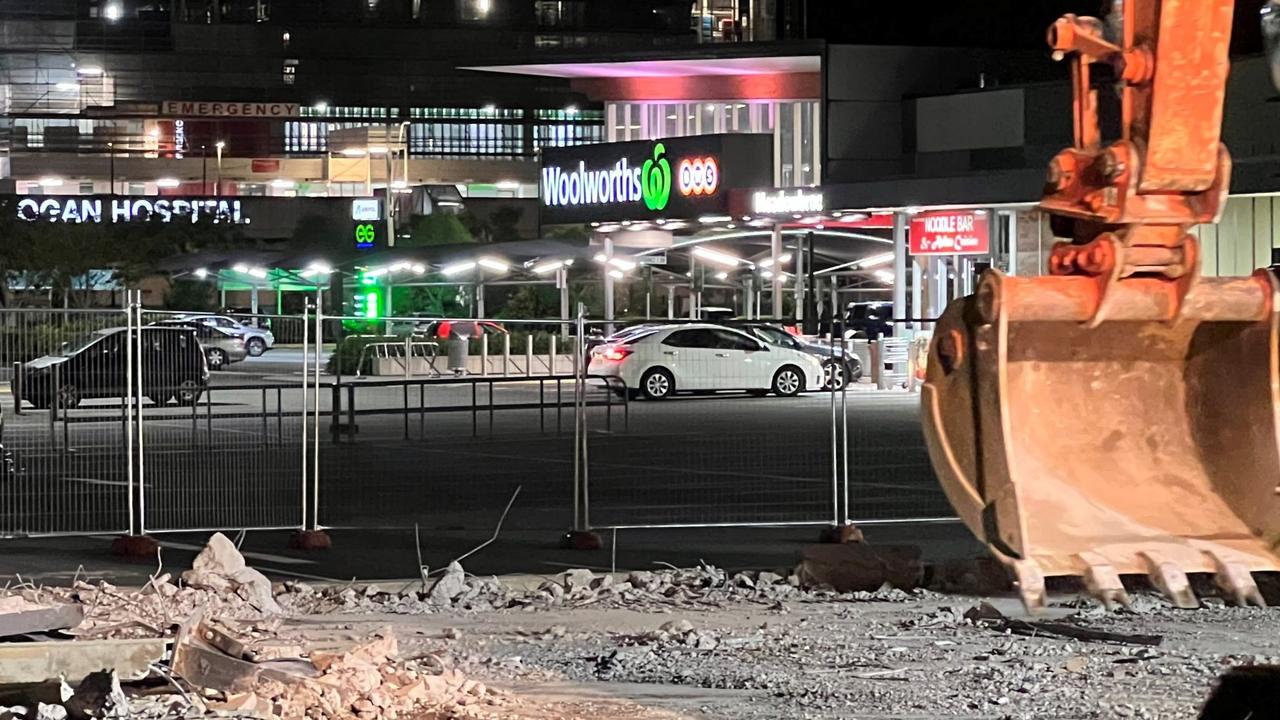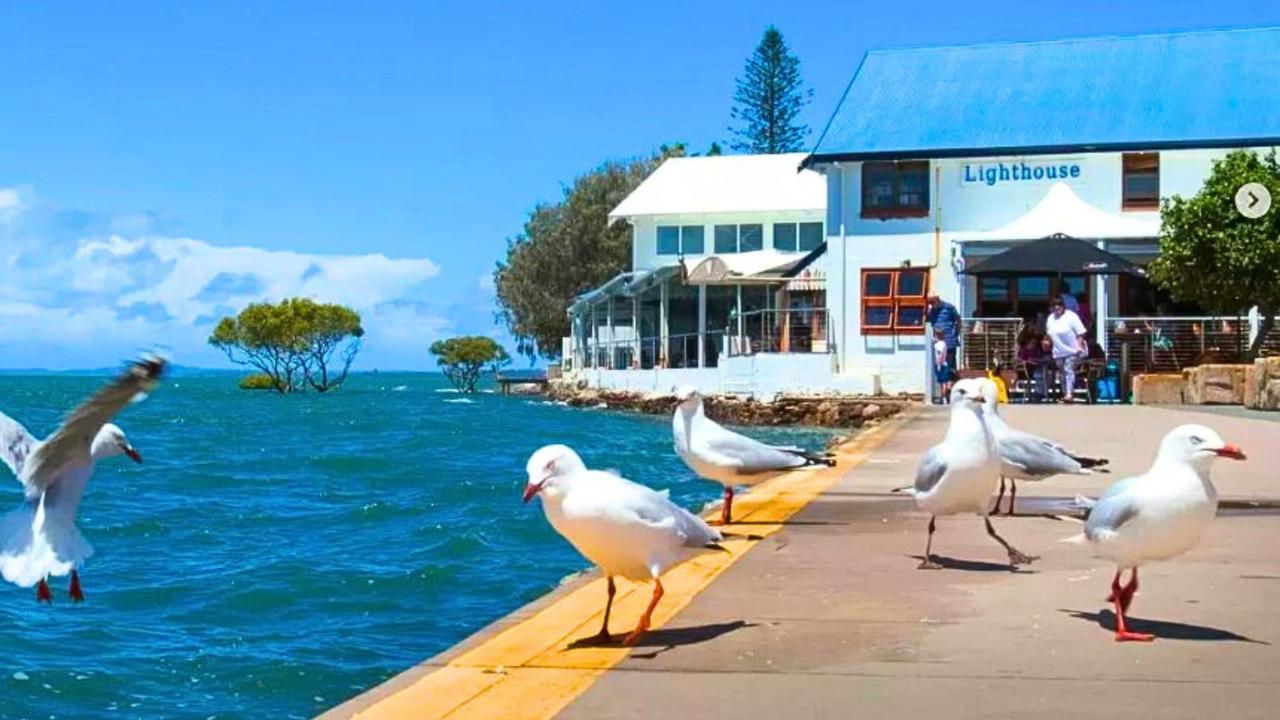Pro-palestine protesters Waddah Weld Ali and Subhi Michael Awad face Brisbane Court for climbing UQ building
Pro-palestine protesters who were arrested for climbing a building at the University of Queensland have said they “shouldn’t have to be taking measures into [their] own hands,” after being sentenced for their actions in court.
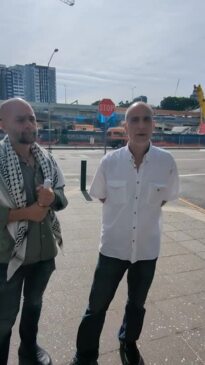
Southeast
Don't miss out on the headlines from Southeast. Followed categories will be added to My News.
Two men arrested for climbing a building during a pro-Palestine protest at the University of Queensland earlier this year have been sentenced in court.
Waddah Weld Ali and Subhi Michael Awad, both 53, pleaded guilty to one count each on Monday of engaging in an unregulated high-risk activity.
Police had been called to the University of Queensland on May 20 after Mr Ali and Mr Awad climbed up the outside Cumbrae Stewart Building, the Brisbane Arrest Court heard.
The court heard two men had been displaying a banner and speaking over a megaphone during a pro-Palestine protest that afternoon.
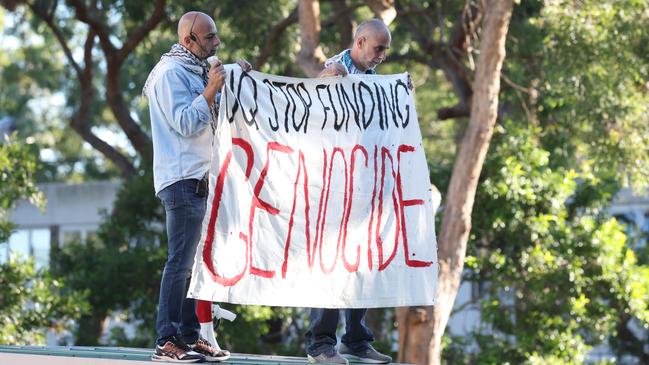
Defence lawyer Terry Fisher explained that the protest had specifically been in objection to the university’s relationship with Boeing, who had participated in arming the Israeli side of the conflict.
He said his clients had used a ladder to safely climb the outside of the building.
Neither man had any criminal history and both had co-operated with police, Mr Fisher said.
Magistrate Anne Thacker acknowledged the current situation in Gaza was a “very sad state of affairs”.
“But it’s very important that we in Australia remain safe – that everyone gets a say – in a safe way,” she said.
Mr Awad and Mr Ali both received a six-month good behaviour bond with a $500 recognisance.
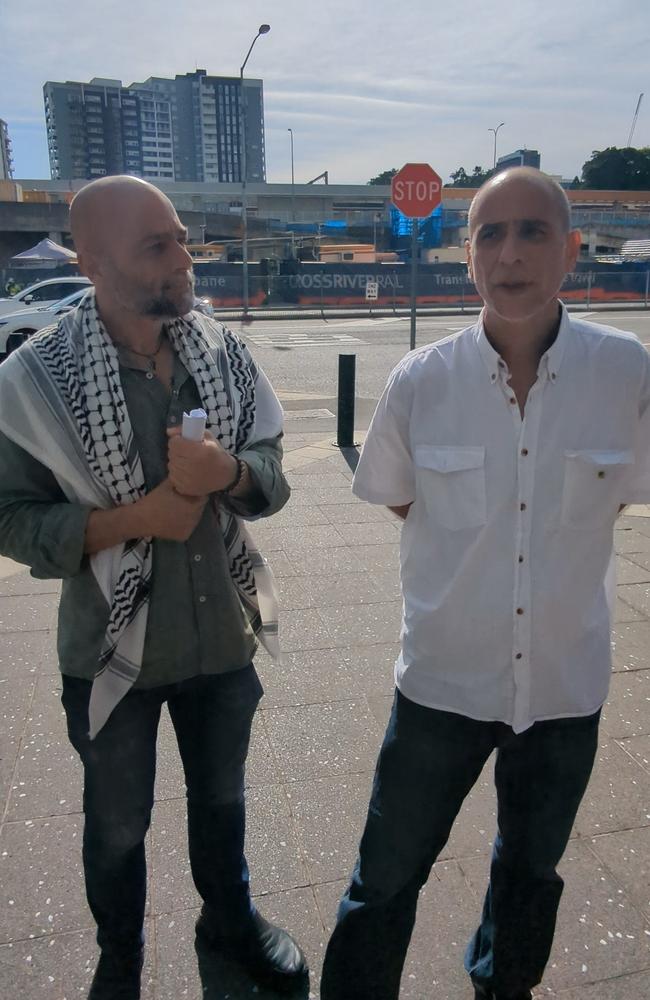
Outside court, Mr Awad said they believed it was the “duty of the government and all organisations to oppose genocide under international law”.
“The ICJ [International Court of Justice] has been very clear that there is a plausible genocide happening in Gaza,” Mr Awad said.
“The ICC [International Criminal Court] has been very clear in issuing arrest warrants for war crimes, and under the Genocide Convention, it is government’s duty under international law to oppose genocide.”
“We shouldn’t have to be taking measures into our own hands, the government should already be doing this.”
Mr Ali, who the court heard had worked all his life as a civil engineer, agreed with his co-offender.
“No more wars, I think,” he said.


